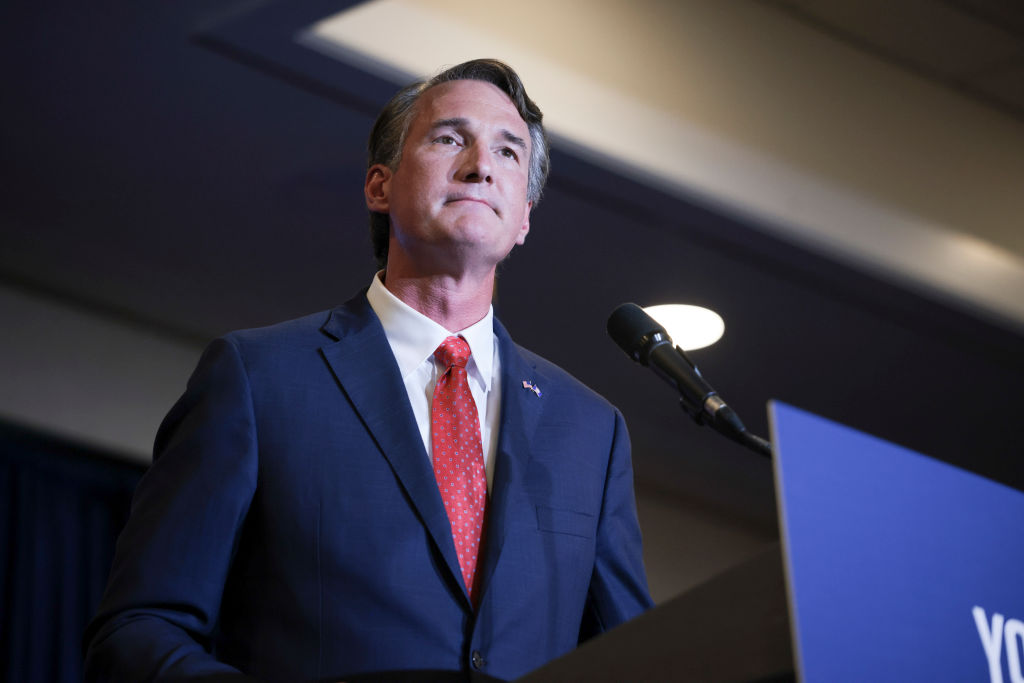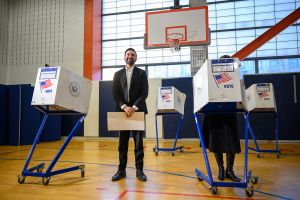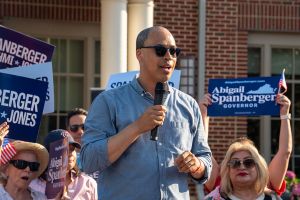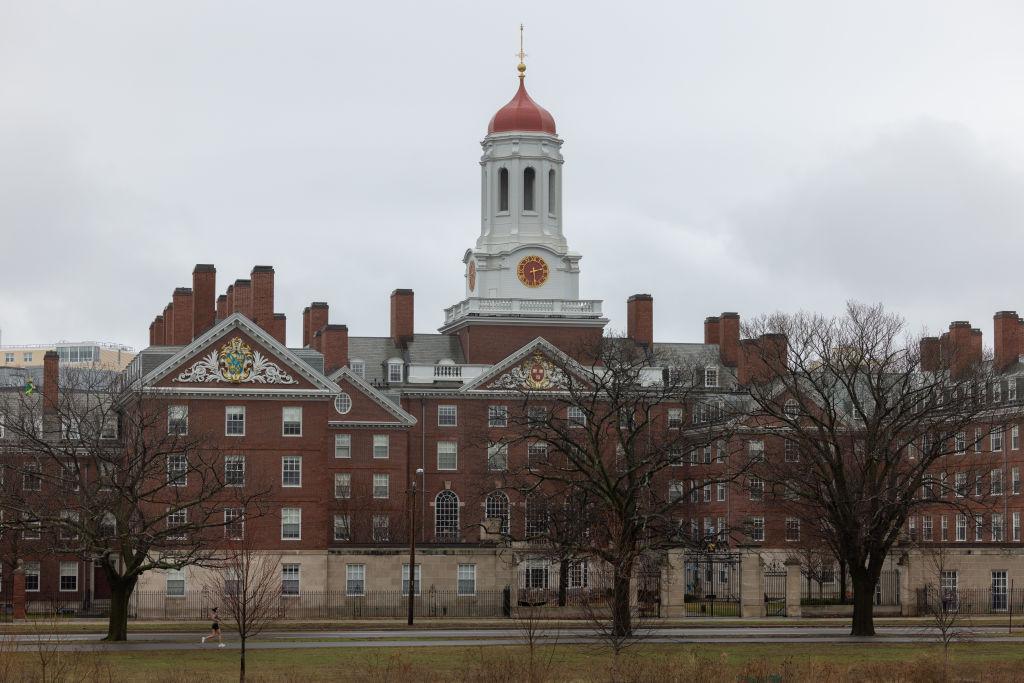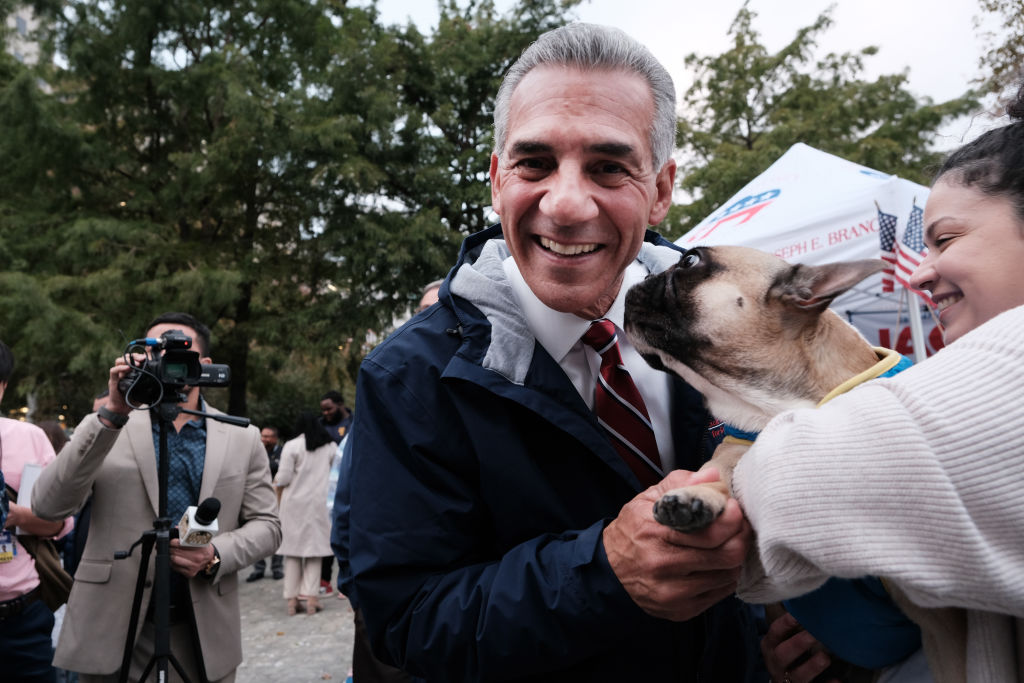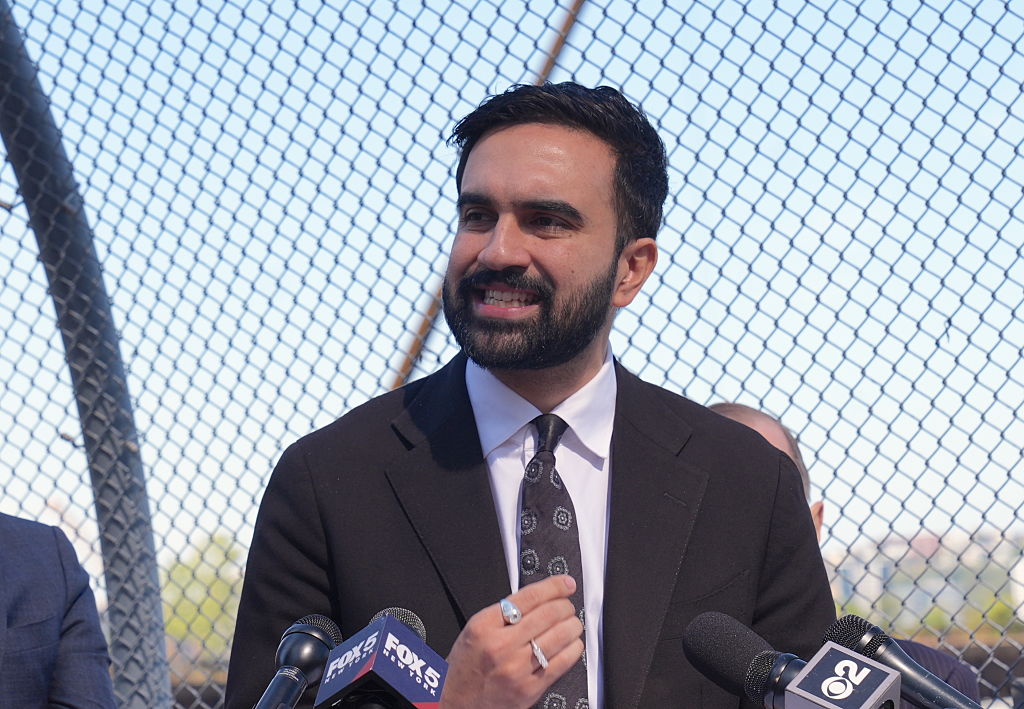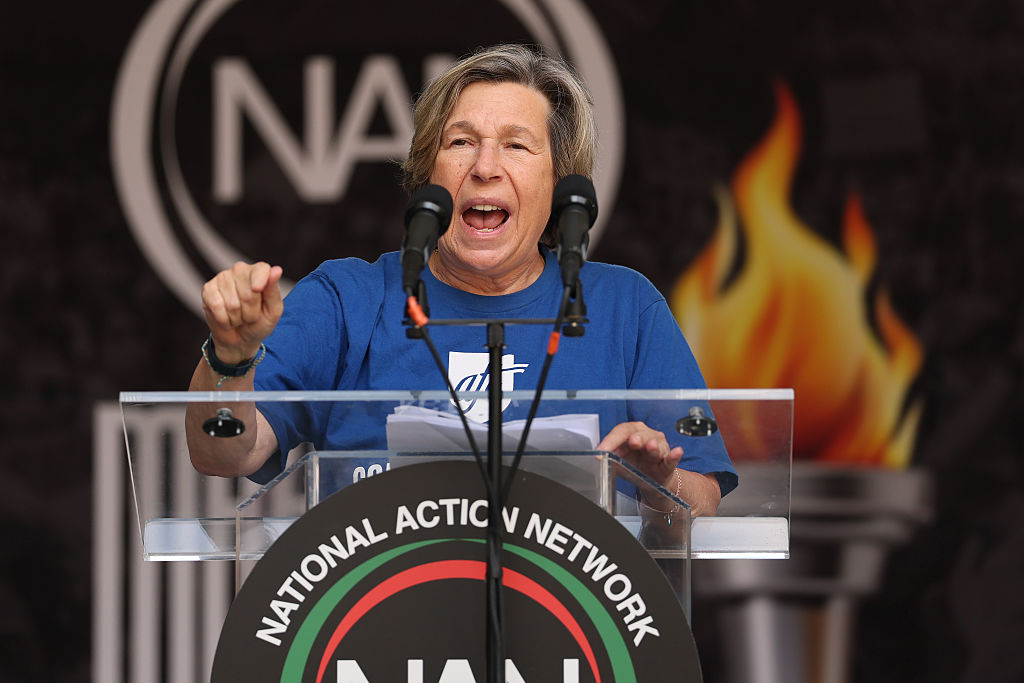In January, just a few days after Glenn Youngkin had launched his first ever campaign, and as parents were struggling with the possibility that their children might not be able to return to school full-time, one father stood up and told the Loudoun County School Board to do their jobs and “figure it out.”
Within 24 hours, Brandon Michon’s earnest cry was heard around the country, and Youngkin was asking for Brandon’s phone number. He called Brandon and let him know that if he was elected Virginia governor, there would be someone fighting for him, and for parents across Virginia. In a moment when some would have let a simple tweet suffice, Youngkin took action.
I witnessed much of this first-hand. I was a senior strategist on the Youngkin campaign and accompanied him across Virginia. And while that story is revealing of the kind of man Youngkin is, it was also a stark contrast to another moment that came months later, when our Democratic opponent Terry McAuliffe told parents they shouldn’t have a say in their children’s education.
Youngkin was winning the education fight even before McAuliffe revealed his heart. Education is an issue that Republicans all too often cede to Democrats, and that was not going to be the case with our campaign. Democrats love straw man accusations that Republicans are cutting education budgets and firing teachers, which we expected and were prepared to fend off.
We knew early on we had to go on offense on education or we would be playing defense. That’s why one of our first events during the general election campaign was at Thomas Jefferson High School in Fairfax County. It’s why, even before Youngkin launched his Day One Game Plan, he unveiled a plan to restore higher standards in our schools — standards Terry McAuliffe had lowered during his time in office — to a crowd of nearly 1,000 excited, impassioned, bipartisan parents.
It’s why, in a move that proved inconvenient for McAuliffe’s strategy, Youngkin pledged to sign the largest education budget in Virginia’s history. And it’s why, in the days that followed the news that Loudoun County School Board members not only knew about but covered up sexual assault in their schools, Youngkin spoke to an overflow crowd of hundreds of Northern Virginia parents, vowing to protect their children.
From the start, we were not going to accept the notion that education was a “Democrat” issue. Yet with that comment, in that debate, McAuliffe shifted the Democratic National Committee education-attack script. The result of that, and of our planning, was that we ended up winning education-voters by six points, and in turn the election.
So how did we do it? The first thing to understand is that education is not a linear issue. It’s not just advanced math, or critical race theory, or charter schools, or school safety, or higher standards. Each of those components is important and affects how our children learn and think, but we also didn’t want to box ourselves in to only half of the discussion or one fragment of the population.
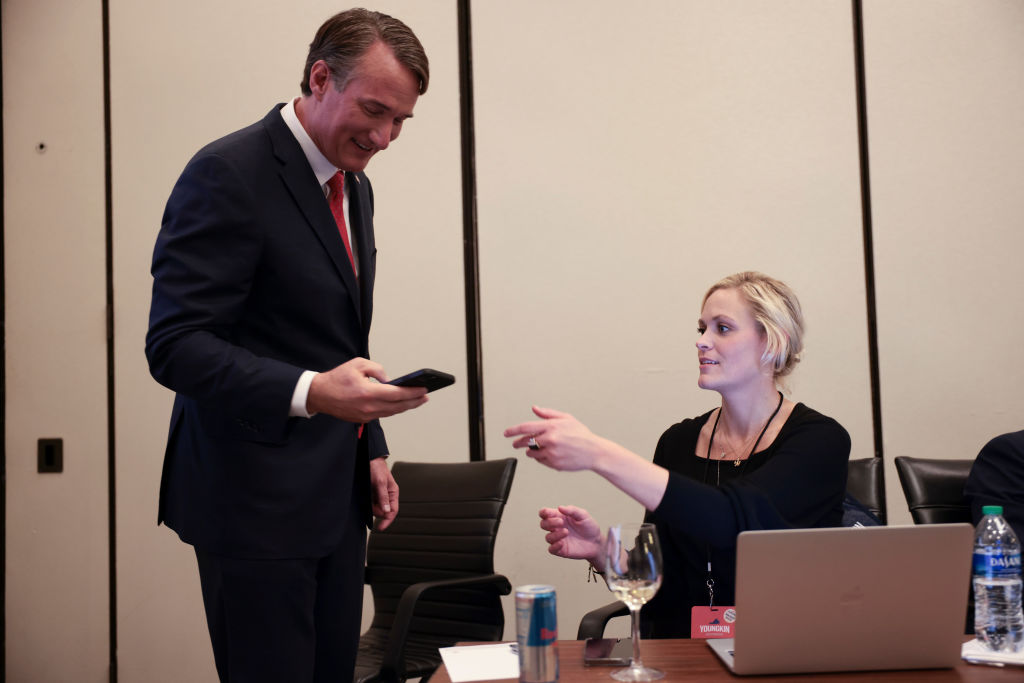
Consequently, we spoke to CRT-concerned moms in Roanoke City and Loudoun County, accelerated math-energized dads in Fairfax County, and parents across Virginia who were concerned a political agenda would prevent them from being involved in their children’s development.
We spoke to each individual education voter on the issue that mattered most to him or her, and when it became clear that parents’ rights were being called into question and our children’s safety was at risk, we were able to bring those education voters under a single umbrella.
Education was our gateway issue. It allowed us to make inroads in the suburbs outside of Washington, D.C., Richmond, and Virginia Beach; it enabled us to break into communities that have not considered voting for a Republican in a long time. One week before the election, we held a Latinos for Youngkin event in Prince William County, where over 200 energized Latino supporters packed a restaurant and waved their “Parents for Youngkin” signs. We went on to win 55 percent of the Latino vote. By turning a message into a movement, we ignited our base to turn out at levels that far surpassed the last presidential election.
Youngkin was able to frame the education debate as a choice: did Virginians believe they should have more of a say in their children’s lives? Or should the responsibility go to bureaucrats with a political agenda? Thinking back to that first phone call with a frustrated father in January, it makes sense that Glenn was able to accomplish this by speaking directly to the voters.
As we look now to 2022, campaigns seeking to replicate this strategy must be careful not to fall into the trap of single-issue education fights. Each state is different. Every school district has something to be addressed. Take inventory of what your students need, then take it head on. Some say all politics is local; others scoff at that. But if there’s one takeaway from the 2021 election, let it be how true that adage really is.
Kristin Davison is a vice president at Axiom Strategies and was senior strategist on Governor-Elect Glenn Youngkin’s winning 2021 Virginia gubernatorial campaign.



